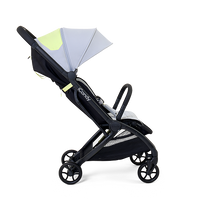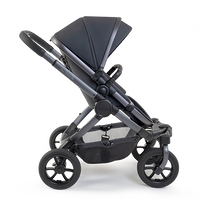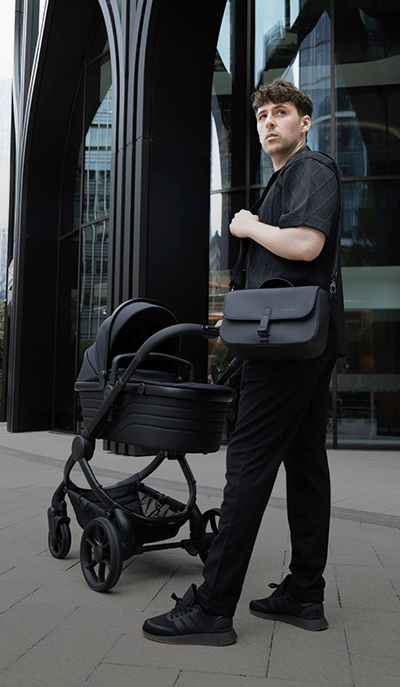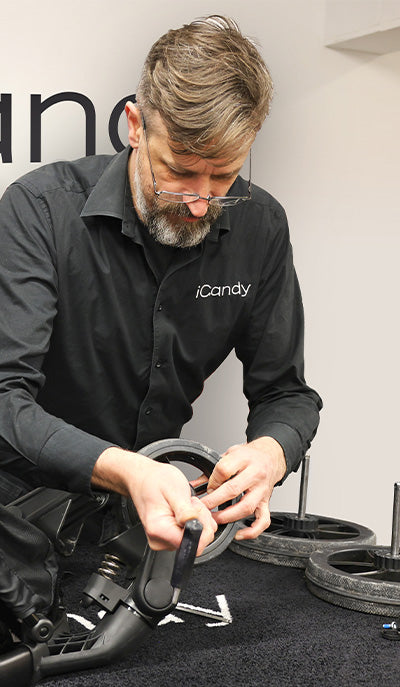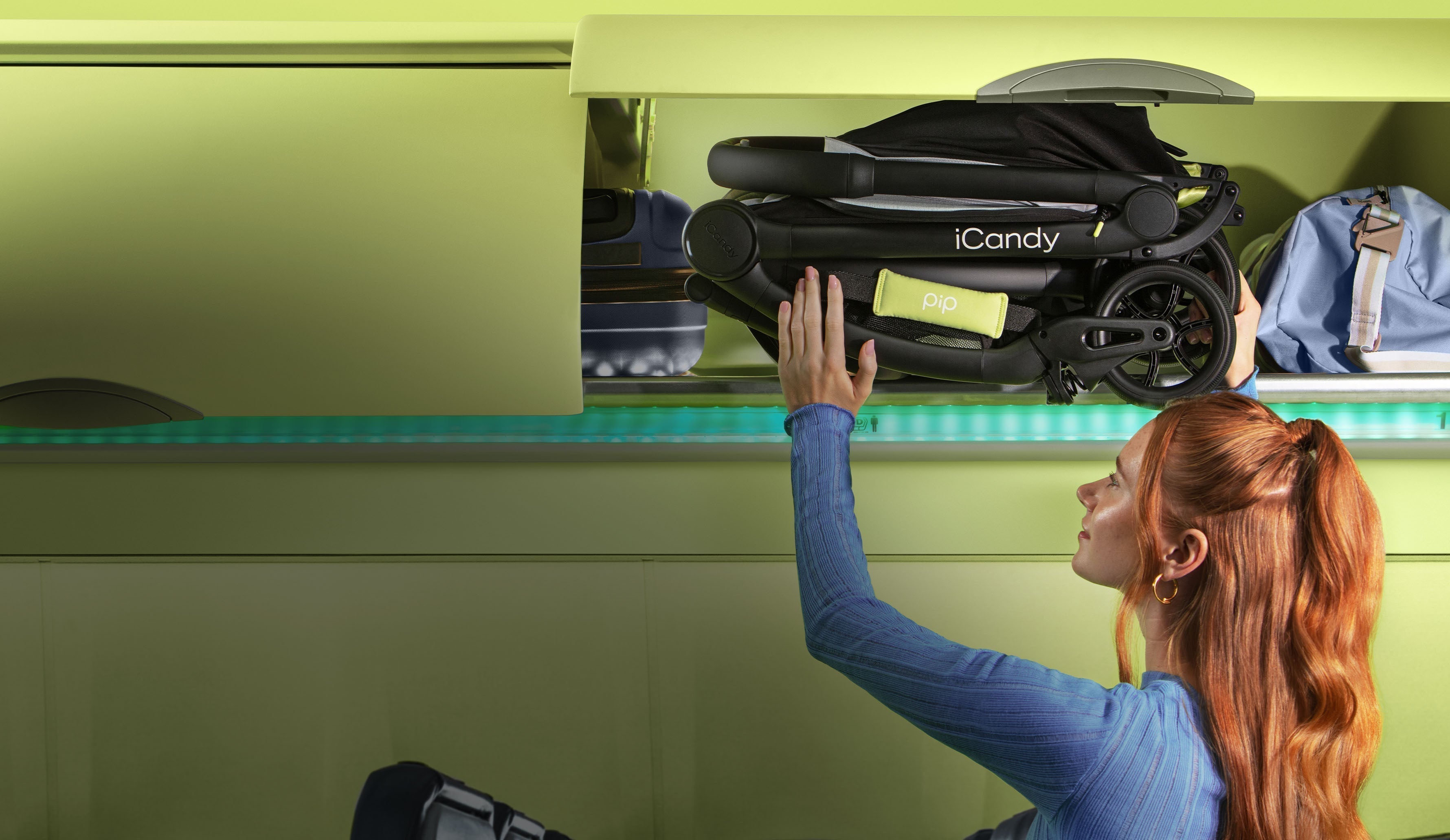iCandy Blog
Sustainable Style, Powered by Baboodle
Latest articles:

Experience
|
Fatherhood
|
Featured
|
Guide
|
Journey
|
Peach 7
|
Pip
|
Tips and Tricks
|
travel
|
Travel Strollers
What you need to know about prams if you live in a city

Featured
|
Guide
|
How to
|
Journey
|
New Product
|
Pip
|
Tips and Tricks
|
travel
|
Travel Strollers
Lightweight Pushchairs: Everything You Need to Know



